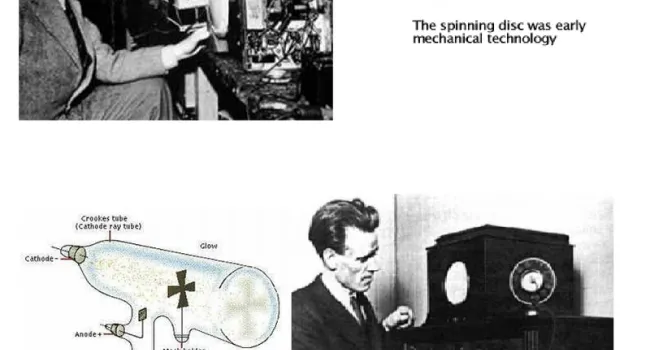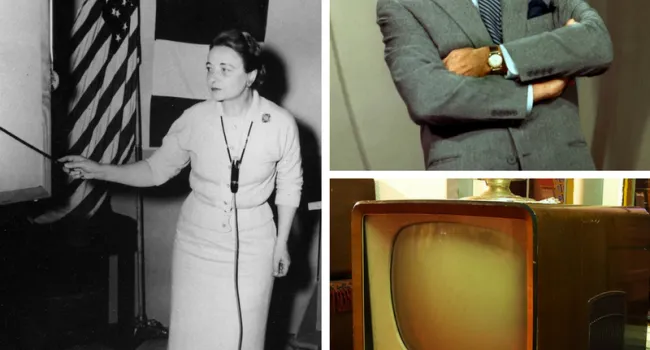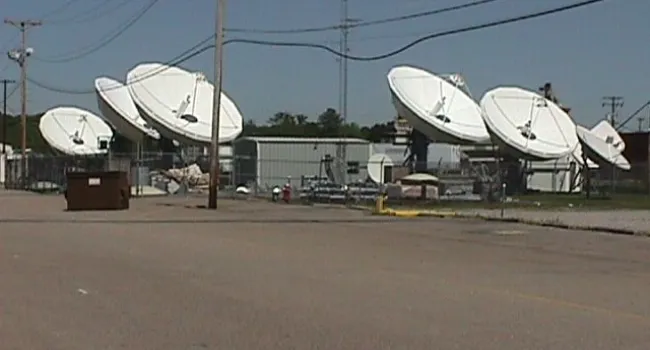Telecommunications is the word we use for the science and technology of sending messages using electricity. This includes the telegraph, telephone, radio, television, and computers. These instruments change information into signals that are sent over long distances, through wires, or through optical fibers, or by radio waves, or satellite. The information can be almost anything--voices, music, pictures, words, or computer data and it arrives almost immediately.
Anthropologists believe that until about 40,000 years ago humans were unable to speak as we do today. People communicated by grunting and gesturing, possibly imitating sounds found in nature. Early humans also painted and drew pictures of things they saw to tell stories.
Thousands of years after language developed, evidence of early writing appears. People living in the ancient Near East wrote using symbols or pictographs and later developed alphabets. They could now document their histories and pass on news and information.
Imagine living before the invention of electronic communication. You would be living without telephones, radio, television and computers. Most of our entertainment depends upon telecommunications. Yes, that’s right, if you lived two hundred years ago, before telecommunications, you would receive messages as handwritten letters delivered by people on foot or on horseback. You would be living without television, the world’s most popular form of entertainment.




